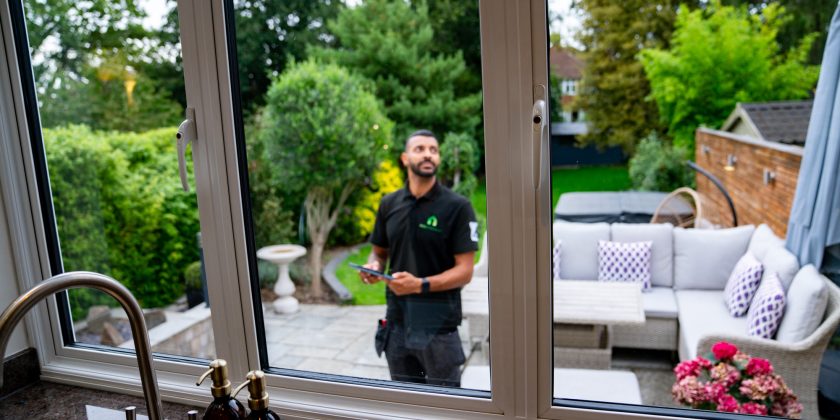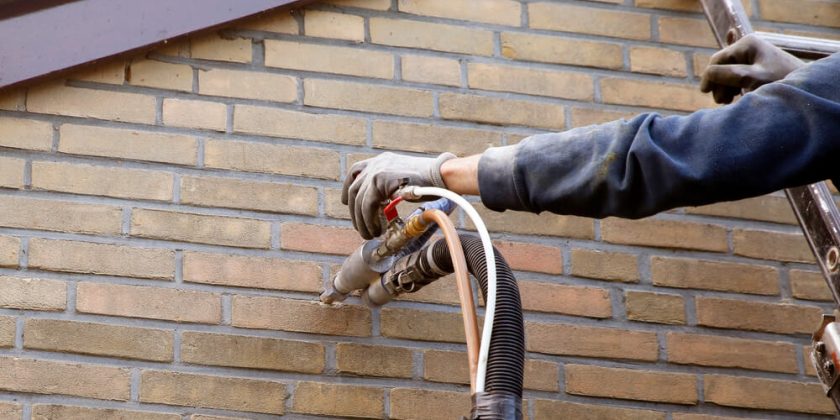All landlords are legally obliged to check the energy efficiency of their properties but there’s a hugely positive side to this regulation….a higher EPC score attracts more tenants.
An Energy Performance Certificate (EPC) measures how well (or badly) a property uses energy, especially how much it will cost to heat a home on average. It will also show its impact on the environment.
EPCs first came into being in 2008. They last for ten years, and an up-to-date one is needed by anyone selling their home, but more importantly, by all landlords renting out a property.
Forthcoming changes
Bands run from A (top) to G (lowest) and points are awarded within each band, eg C runs from 69 to 80 points.
Currently, you cannot let a property that is Band F or G. The government was planning to tighten this up greatly – from 2025, rented homes with new tenants would have to be C, and all tenancies would have to be C by 2028.
However, the government has dragged its feet so much on the issue that many commentators believe the 2025 deadline will be done away with, and the 2028 date will apply to all tenancies new and old.
Whether or not this happens, it’s a good idea for landlords to get a head start on improving low- rated properties now.
Practical ways to improve your score
First, read your EPC carefully if you have one. If you haven’t, you should have, so get one now – we can help with this.
Check when the existing EPC expires. Then look at the recommendations given. This will show roughly how many points each improvement will attract, along with estimated costs.
Please note, the system cannot tell you exactly how many points one measure would attract on its own – this is to avoid anyone trying to rig the scores.
Easy wins
There are some very easy and inexpensive wins. The first is lighting – make sure all fixed lighting has low energy bulbs (plug-in table lamps and floor lamps don’t count).
Loft insulation can be installed by a competent DIY-er and can make a big difference, as over 30% of heat is lost through an uninsulated roof.
If you have gas central heating with radiators, fit each with a thermostatic radiator valve (TRV) which means heating can be controlled better. This will earn you more points.
All-electric flats with older storage heaters do not score very highly, so consider replacing them with High Heat Retention Storage Heaters (HHRSH) which cost around £1,000 each and can be easily fitted by an electrician.
Is your hot water cylinder properly insulated? The jackets are straightforward to fit – just follow the manufacturer’s instructions. And make sure you have at least an 80mm thickness surrounding the tank. The extra thickness will save you money.
Do the right things
Some landlords decide to take out a gas boiler and replace it with an electric boiler. But beware – this will bring the score down. This is because electricity costs more than gas, and EPCs work mainly on the cost of heating a house.
With government moves to ban ordinary gas boilers at some point in the future, if you are replacing one now then consider getting a hydrogen-ready boiler which can be switched to hydrogen once that option becomes available.
If you have single glazing, fit double if you can afford it, or consider secondary glazing which scores almost as well, and works if local planners will not allow you to use uPVC glazing.
A brick-built property dating from 1930s to the present may have cavity walls – insulation companies can check this for you. If the cavity is unfilled, it can be injected with foam insulation relatively cheaply.
What costs most
The most expensive measures are installing interior or exterior wall insulation, fitting solar panels, or fitting a heat pump, and current grants are not yet sufficient to cover the costs so it’s better to try the methods above first.
PropCert can help you, not just with EPCs, but with gas safety certificates, EICRs, asbestos surveys and fire risk assessments. All of our property professionals are members of the relevant trade accreditation scheme.
For a full list of services please click here and contact us here for any more information on what we provide.



